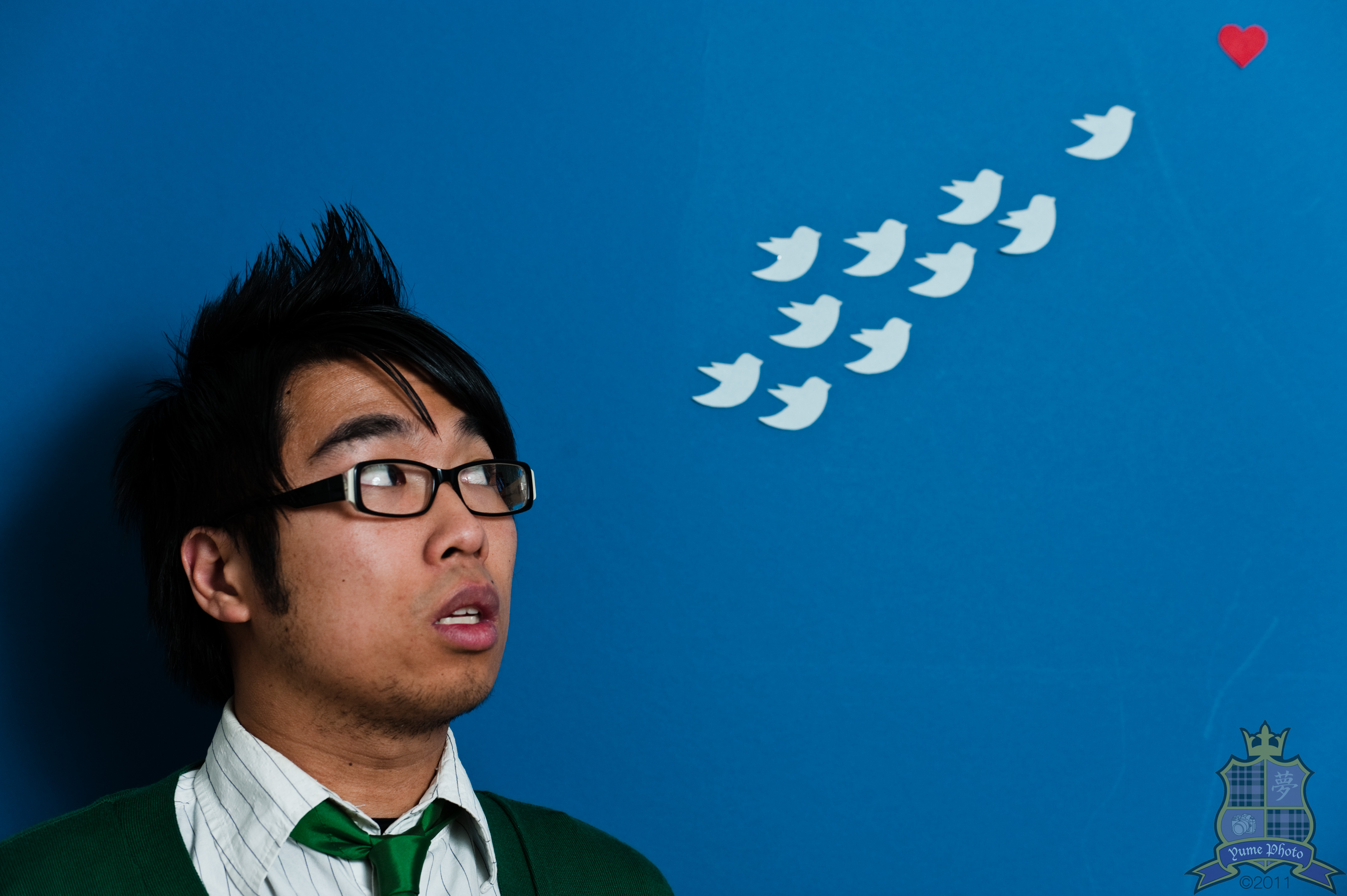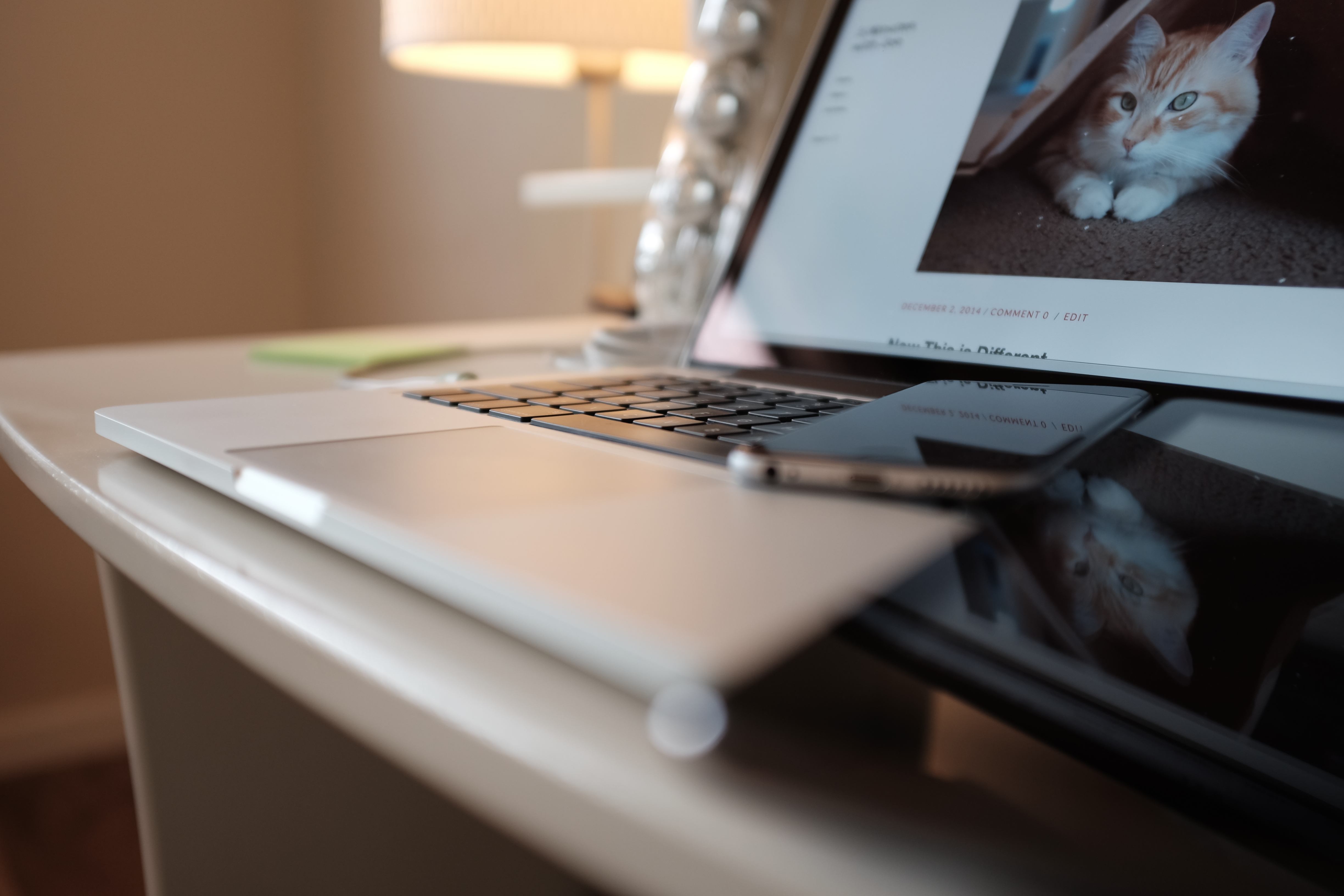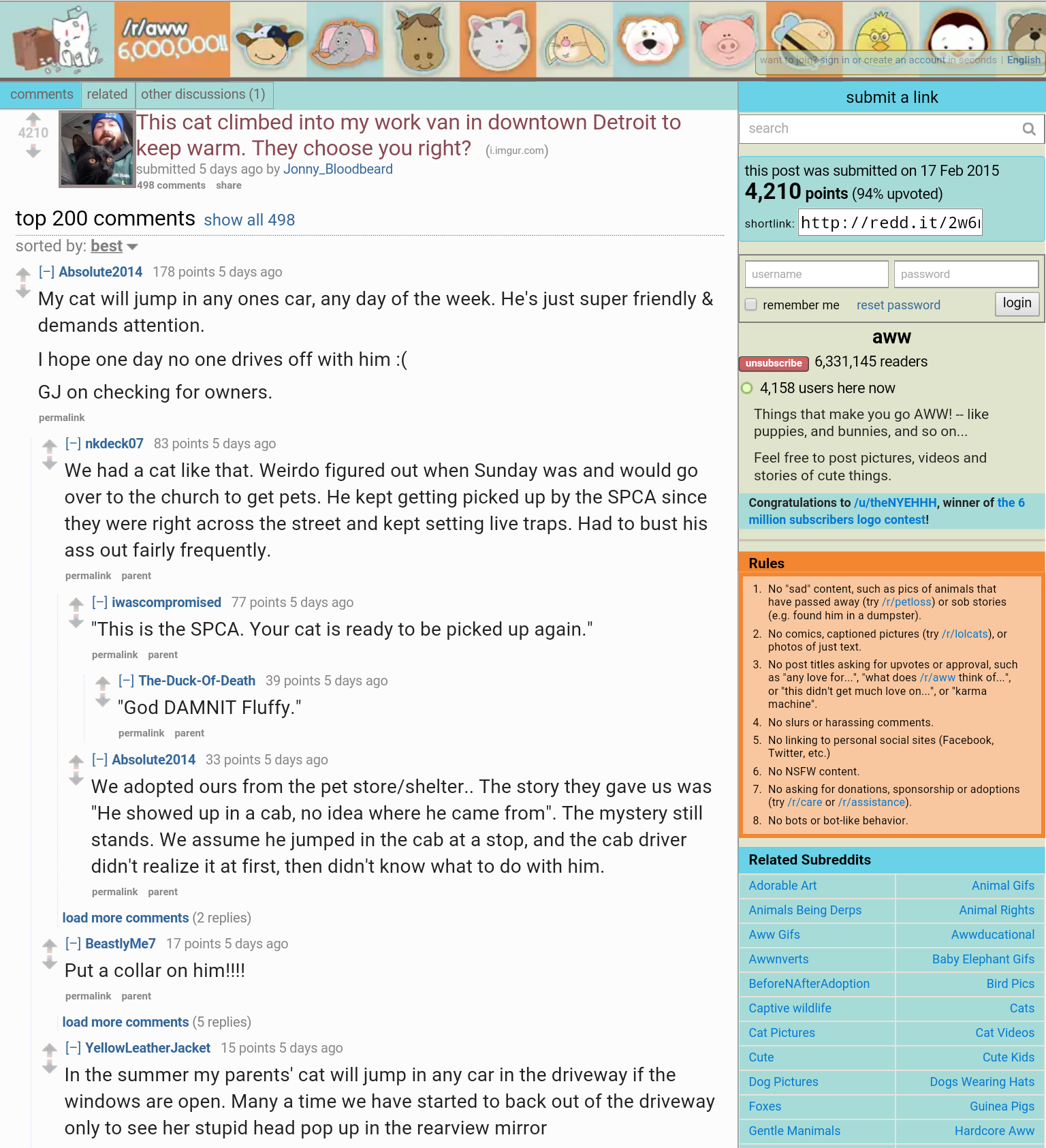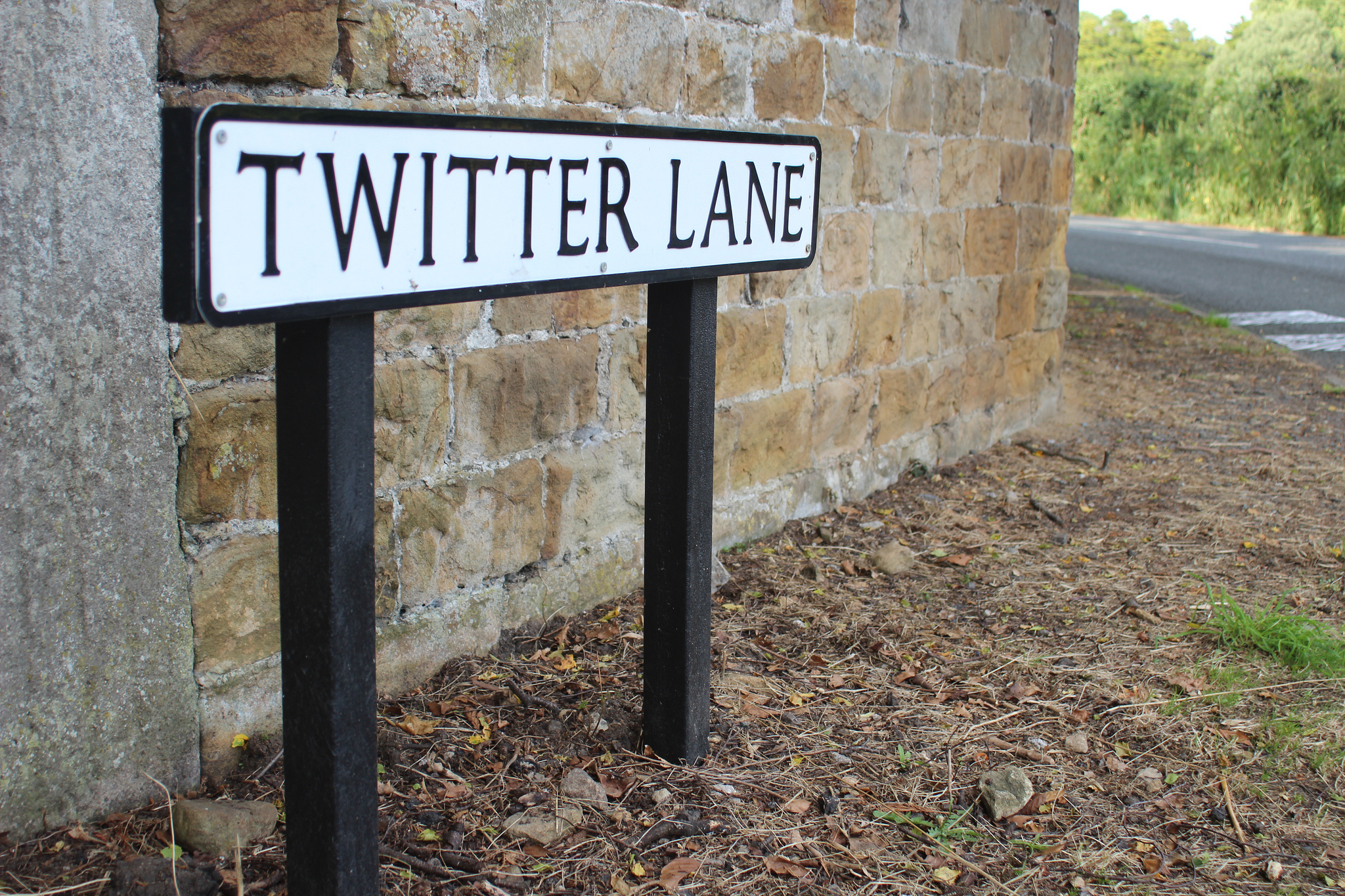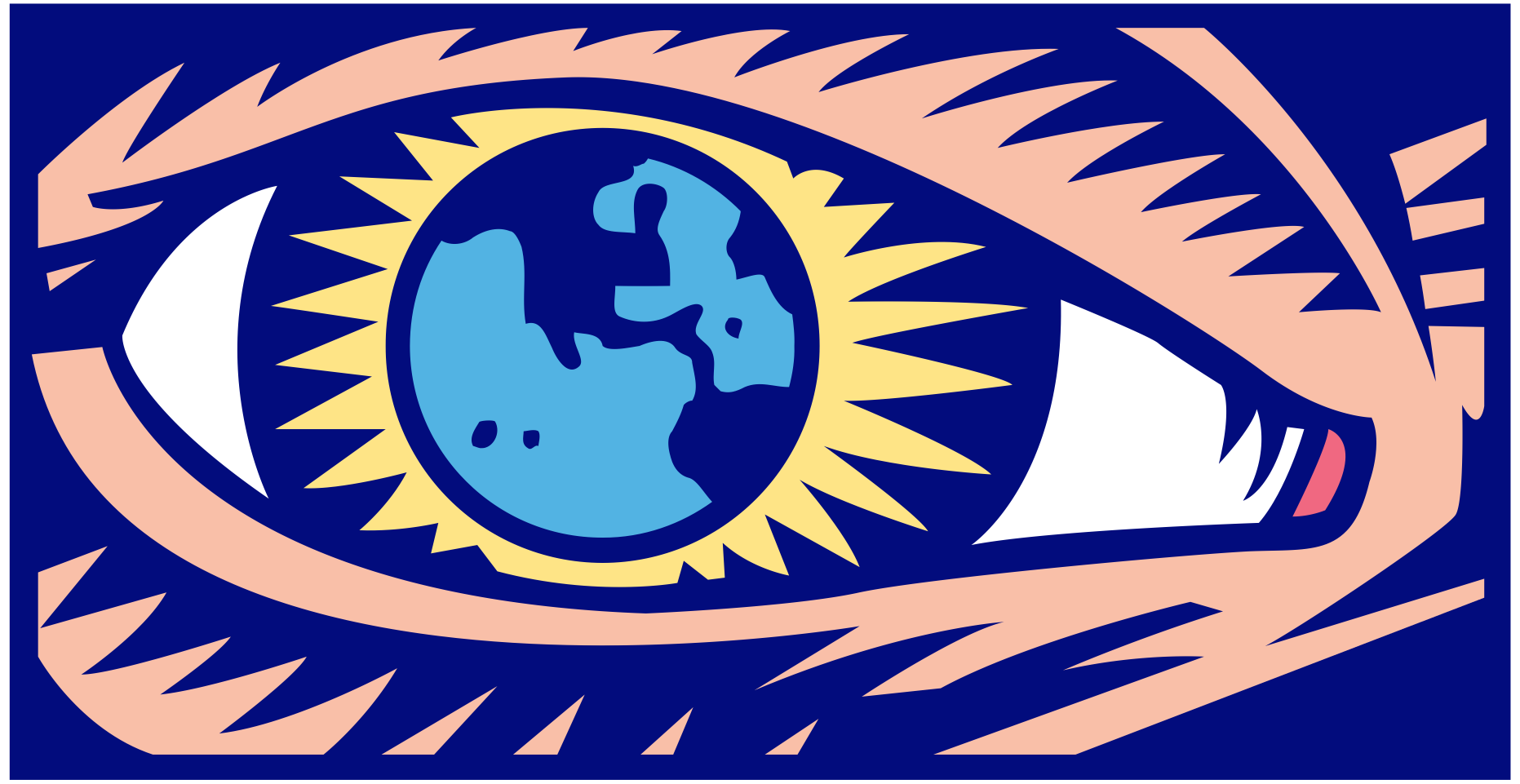Dropbox, like Twitter, demands more freedom to disclose government national security requests. The cloud companies share something vitally important. Their businesses are built on trust. You won’t store your stuff or tweet from an oppressive regime if someone can access your content or identify you. Twitter’s position, as I explained last week, also supports free speech and benefits news gatherers across the globe.
“Whom do you trust?” is a vitally important question, with so many devices connected to the Internet and accessing cloud services. Dropbox learned lessons—okay, presumably—three years ago when changing its Terms of Service agreement to allow government access. Suddenly all those encrypted files weren’t as permanently secure as customers expected. They responded unkindly.
